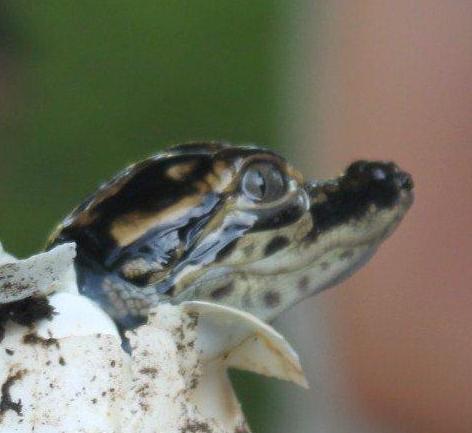 |
|
 |
-
Home - Park
Information - Programs,
Activities & Hikes - We've
Got Gators - Plants &
Animals - Get
Involved -
Members -

Pond Life of Brazos Bend State ParkHemiptera:The True Bugs Order Hemiptera are the insects known as “true bugs”. The distinguishing characteristics of this order are:
Insects in this order do not go through complete metamorphosis. The young are almost identical to the adults, except that they do not have wings. Aquatic Hemiptera are usually tolerant of pollution. This is because they rely on surface air to breath. Some breath through long tubes in their abdomen. Others trap air under their wings and carry it underwater like small aqua lungs. Aquatic hemiptera found at Brazos Bend State Park include: Giant Water bugs – family Belostomatidae Creeping Water bugs – family Naucoridae Water scorpions – family Nepidae Water Boatmen – family Corixidae Backswimmers – family Notonectidae
Updated: Aug 12, 2011 |